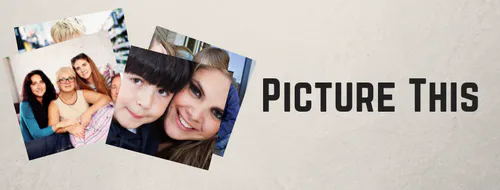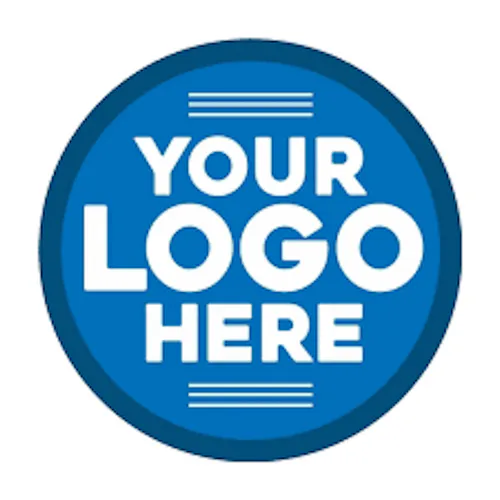PICTURE THIS | In-house Training
- Friday 1 January 2027
- 1:01 am - 1:01 am
- Your Location
| CPD Hrs | 7.5 |
|---|---|
| Includes | Handbook and certificate |
In-house training: If you have a group of staff we can arrange training at your workplace. Email us.
Harnessing the Therapeutic Power of Genograms
This workshop will open up the enormous possibilities and potential of the genogram as a process for both assessment, and intervention. Widely used by family therapists and all health care professionals, the genogram is a graphic way of organising the mass of information gathered during a family assessment and finding patterns in the family system for more targeted treatment.
Yet many practitioners commonly complete a very basic genogram and file it away, never to be looked at again by them (or their client). This is a major loss especially with complex cases. Done correctly a genogram interview is a powerful assessment tool giving you more detailed understanding of case presentations and how to plan targeted interventions.
To understand what it is that brings a person to seek help, it's essential to consider how each person is inextricably interwoven within broader interactional and contextual systems, the most fundamental of which is family. Family is a principle influence in shaping who a person is, how they relate to others, and how they react or respond to life's predictable stages and changes (e.g., marriage, starting a family, teenage years, aging parents), as well as unplanned challenges (e.g., divorce, remarriage, infertility, untimely death, trauma). This is an important consideration regardless of the family structure people come from, but especially so if clients have an experience of removal from their biological family to foster, kinship or residential care.
Family diagrams (or genograms) provide a picture of who a person is, where they come from, who matters in their life, and how they belong in the world; as well as providing a framework for understanding present stressors, past struggles and strengths and resources. It goes beyond a traditional family tree allowing practitioners to visualise patterns and psychological factors that affect relationships. This "picture" representation of a client's family context enables practitioners to organise and hold in mind the complexity of a client's context (family history, patterns, events) and their strengths in order to collaboratively identify pathways to healing and promote recovery. Genograms provide a rich and powerful tool for engagement, enhancing the therapeutic alliance, assessment, treatment planning, and can be used as a therapeutic intervention in itself.
By completion of this workshop participants will have highly effective tools that can be used with all clients and their families/carers/other professionals involved. The Workshop will include the following areas:
- The place of genogram work within Systemic Family Therapy
- Core systemic concepts related to genogram work
- How to create a genogram and graphically organise information gathered in an assessment session
- How to conduct a genogram interview and how to share the genogram with your client
- Tracking family patterns through time and space
- Interpreting and working with family structure
- Assessing family patterns and functioning, including relational patterns and triangles
- Consideration of the Family Life Cycle
- Mental Health implications
- A Strengths based approach to genograms
- Using genograms as assessment, to plan intervention and as an intervention
- Creative approaches to creating and working with genograms
- Genograms for Young People in Out of Home Care
Audience: for Mental Health and Education Professionals at All Levels & Any Professional that Applies Behavioural & Developmental Science to their Practice.
Mental Health Professionals: All mental health professionals including, but not limited to Clinical Counsellors, Psychologists, Psychotherapists, Psychiatrists, Social Workers, Nurses, Occupational Therapists, Hospice and Palliative Care Workers, Youth Workers, Mental Health Workers, Addiction Specialists, Marital & Family Therapists, Child Protection and Disability Workers, Guidance Officers, Speech and Language Therapists, Residential Care Workers and Foster Support Workers, Vocational Rehabilitation Consultants, General Practitioners, and all other mental health professionals looking to enhance their therapeutic skills.
Education Professionals: Professionals who work with children or youth including, but not limited to K–12 School Counsellors, School Paraprofessionals and all other professionals who support behavioural challenges and complex learning needs.
Related products
Helping Families Thrive Cards
36 cards to assist families of all types as they journey through this thing called life
$59.99 AUDincl GST
Helping Families Thrive Cards - Strengths Cards
75 strength cards to assist families of all types as they journey through this thing called life
$74.99 AUDincl GST

















